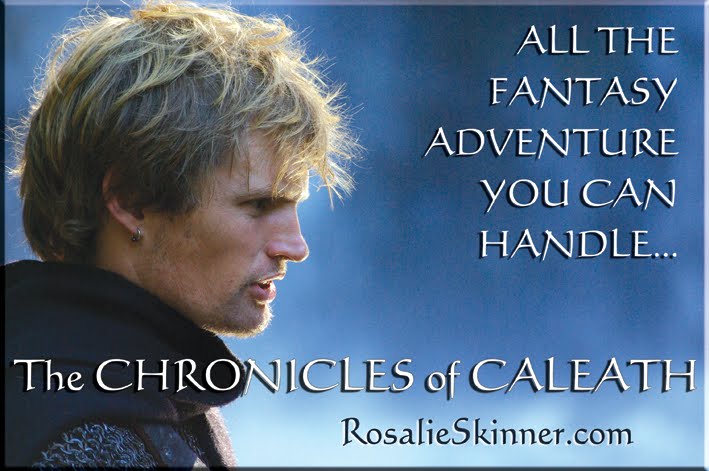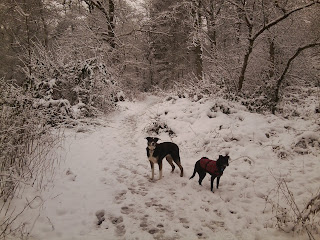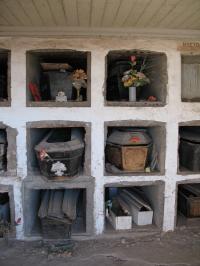I am thrilled to present...
The sweet
scent of lilacs permeates the air around Grandma’s gravesite. Only Sarah Kay
can smell Grandma’s favorite flower, and they’re not even in bloom.
Sarah Kay and
her best friend, Mary Jane, believe the lilacs are a sign from Grandma’s ghost.
The girls follow one ghostly clue after another, uncovering a secret that Mom
never wanted Sarah Kay to know.
Grandma makes
sure Sarah Kay gets the message even from the grave. As the evidence piles up, Mom
still refuses to accept the possibility Sarah Kay’s father is alive.
Sarah Kay
finds Dad’s parents. A set of grandparents she didn’t realize existed. They
make it clear her father is alive but days and miles separate the father and
daughter reunion because Dad is a truck driver on a long haul.
Sarah Kay
waits. The news reports a fatal car accident involving a semi and Sarah Kay
fears the worse. She runs away which leads to Dad and the truth, Mom wanted Dad
to remain dead.
Dad had faked his death so why not just
stay dead. The ghostly clues of Grandma
wouldn’t allow Dad to remain dead to Sarah Kay.
*******
Great Blurb Kay...
Your novel has recently been released through Museitup
Publishing. Can you tell us a little about what inspired you to write “Ghostly
Clues”. The title suggests a scary story… should we be afraid?
Well the idea for this story has been haunting me for years.
It started way back when I was about Sarah Kay’s age and my grandmother passed
away.
One night, shortly after my grandma passed away, I saw a ghost hand creep
up on my bed and take a doll. The next morning, I found the doll way under my
bed.
I believe it was my grandma’s way of telling me I was too old to sleep
with dolls. Now I’m not saying my grandma was a ghost like Sarah Kay’s grandma,
but it gave me the idea for Ghostly Clues.
Through the years, I always wanted
to add that memory to a story. So I did. The title does suggest a scary story.
If you are afraid of ghosts, there might be some scary parts in the story. But
over all it is not too scary.
Do your characters follow your plot path or do they take on
a life of their own? Do you keep them in check?
Through those revisions the story changed
but never strayed to far from the original idea. Usually my characters keep me
in check, demanding me to tell the story the way they want it told.
Writing the story is only half the exercise though, isn’t
it. Becoming published is not always easy. Even with self publishing as an
option. What do you think is the most important thing a writer needs to face,
along the road to publication?
Never give up. It doesn’t matter what your dream is, never
give up on it. If you believe in your writing, someday it will find home and
get in the hands of readers who will enjoy reading your characters’ stories.
What was the hardest hurdle for you in getting your novel
published?
Finding the right publisher for my story, I think is the
hardest hurdle on the road to publication. When you write a story, you think it
is the best and sometimes it is hard to get those rejection letters/emails.
You
don’t understand how the publisher could reject your baby, a story you have
worked so hard on. Then there is the feeling of wanting to give up because you
don’t believe you’ll ever get published.
Then one day it happens. Then you are
faced with marketing your book, getting your book into the hands of your
readers.
Have you always been a writer?
Yes. I haven’t always been a published writer, but I have
always enjoyed writing. Writing has been my passion since I was about Sarah
Kay’s age.
book can be found on Amazon,
goodreads, bookstrand, and smashwords.
excerpt from
Ghostly Clues
The house was blanketed in a quiet slumber. I snuggled under the
sleeping bag with Allison, trying not to think about ghosts, as I drifted to
sleep.
Random pictures floated in my mind like ghostly images.
I tiptoed among tombstones and my heart ached as if I had lost
something or someone. He had to be here, somewhere. The gravestones rose like
stone walls. No names engraved on them. No dates. No R.I.P. Nothing. Just
smooth, flat stones. Ghosts—grayish, smoky forms with black eyes—floated over
the tombstones. I shivered, suddenly
cold, freezing. My breath visible like a little ghost. I didn’t want to look at
the ghost anymore so I looked down at my feet. A tombstone with Grandma’s name
appeared out of nowhere. The earth moved. The dirt around the headstone broke
away and gnarled fingers clawed their way into the air, searching, grasping.
Shriveled fingers clutched my leg.
Something grabbed at my leg—the hand, I
screamed and frantically wiggled out of my sleeping bag, bumping MJ as I tried
to get away from the hand I thought I felt grab at my leg.
Bio
 I’m Kay LaLone author of Ghostly Clues. I live in Michigan with my husband and fourteen year old son (two older sons live near by) and two dogs and a cat. My best time to write is in the morning after I had at least one cup of coffee. My favorite things to write about are ghosts and supernatural creatures. I’m an avid reader and do reviews on the books I read.
I’m Kay LaLone author of Ghostly Clues. I live in Michigan with my husband and fourteen year old son (two older sons live near by) and two dogs and a cat. My best time to write is in the morning after I had at least one cup of coffee. My favorite things to write about are ghosts and supernatural creatures. I’m an avid reader and do reviews on the books I read.
For a FREE copy of Ghostly Clues, to review, just answer this simple question...
Who is the ghost who contacts Sarah Kay from the grave?

















